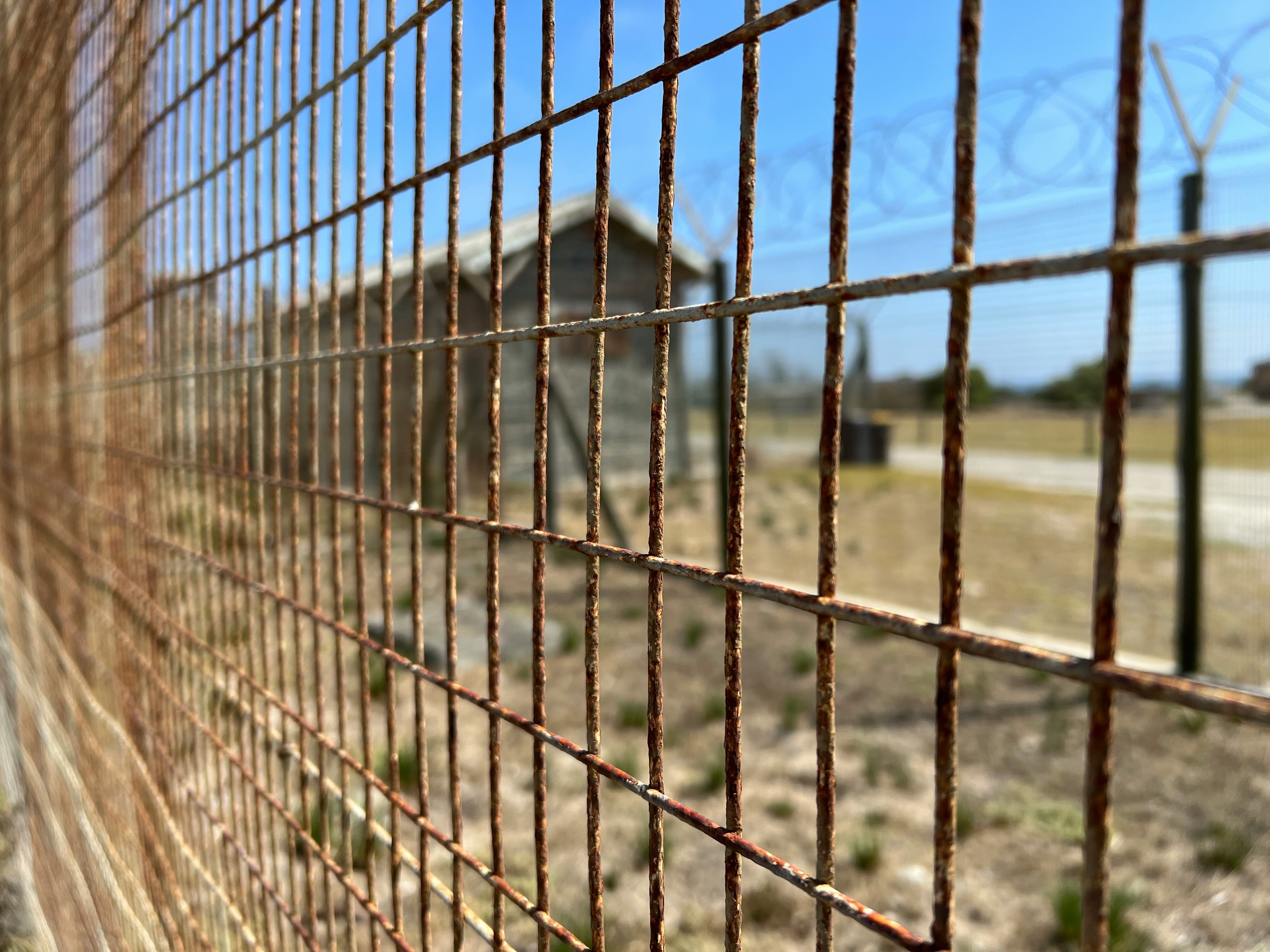
Is Italy a non-punitive society? David Nelken once famously described the Italian juvenile system as lenient for offenders. Recently, however, the country has seen a shift towards penal populism.
To explain why Italy seemed to be an exception to global trends of ‘western punitiveness’, David Nelken once highlighted a number of specificities embedded within the Italian criminal justice system. He notably emphasised the role played by ‘due process’ safeguards in restraining the expansion of ‘crime-control’ strategies and stressed the importance of traditional welfarist values – such as social rehabilitation – in the context of penal decision-making.
Nelken did not dismiss entirely the influence of certain international trends, though he conceded that in Italy the drive towards punitiveness observed elsewhere (notably in Anglo-American societies) had long been tempered by legal and cultural factors alike.
A non-punitive country?
Throughout the last decade, however, the Italian criminal justice system has undergone a number of major transformations. Starting from the late 2000s, in particular, Italy has witnessed a dramatic increase in its prison population, pushing the country’s prison system to the brink of collapse. This has resulted in severe overcrowding and the overall deterioration of prison conditions.
The steep increase in the prison population in the late 2000s could be regarded as the result of a wide array of factors including:
- a ‘tough on crime’ approach vis-à-vis repeat offenders (with a blanket ban on their eligibility for early release);
- the criminalisation of soft drugs possession;
- and a comprehensive clampdown on irregular migration (leading to the introduction of new criminal provisions against both smugglers and illegal immigrants).
A radical change in the penal climate
On the one hand, as Zelia Gallo recently pointed out, the long-lasting economic stagnation can account for growing calls for harsher punishments. In Gallo’s view, the ‘politics of austerity’ may have contributed to the weakening of social cohesion, thereby undermining one of the premises of the traditional Italian orthodoxy of ‘penal welfarism’.
On the other hand, when looking at the current Italian political framework, one could be tempted to underline the role played by the powerful emergence of a new political paradigm. A system that is based on key issues such as disintermediation and, to a lesser extent, direct democracy, as springboards to erode the foundations of representative democracy and enhance the ‘cult of leadership’.
In this context, the growing demand for new law-and-order policies has been channelled through social media. This has fuelled the rise of a new punitive discourse – one that has been endorsed in particular by new ‘anti-establishment’ political leaders. In July 2022, an unauthorised rave party near Modena sparked much debate on the internet. It prompted some politicians (especially via X or Facebook) to promise a crackdown on these kinds of gatherings once in power.
While some scholars have referred to John Pratt’s concept of ‘penal populism’ to provide a theoretical framework for analysing such developments, it would seem more accurate – in this case – to refer to ‘populism’ as a broader political category. As Pratt himself recently observed, the increasing interconnection between socio-economic anger and the rise of new threats to cultural and national identities posed by mass migrations, have caused the populist rhetoric to spill over from the penal sector ‘to pervade the whole social body’.
Towards a new penal populism?
With the global rise of populist movements, a more selective use of the term ‘penal populism’ is in order (see Cornelli here). To be classified as ‘populist’, in this narrower understanding, a penal narrative must be part of a broader critique of rule-of-law institutions and the separation of powers. Penal populism does not amount to a mere erosion of fundamental guarantees in the criminal justice process. Instead, it works as part and parcel of a broader autocratic playbook.
In Italy, this brand new populist discourse has become dominant in recent years and has grown to influence the political agenda with inevitable consequences for the criminal justice system. Some key areas where the impact of a populist twist is visible include the rise in repression of crimes committed by minors and young adults, thus overturning the traditional leniency in this area.
More generally, it seems that traditional welfarist ideals underpinning penal moderation are being hollowed out by measures that aim to reduce judicial discretion in the sentencing process (while eroding, more generally, the independence of the judiciary). Some meaningful tools of social control have also been outsourced to areas of legislation other than criminal law, such as civil or administrative law.
Considering these latest developments, the question arises: how should we gauge the degree of punitiveness of a country as social control spills over from the criminal justice system to ‘colonise’ other areas of the legal system? Keeping a close eye on the transformation of Italian criminal justice, within the broader framework of European and western penal systems, will continue to provide food for thought.
